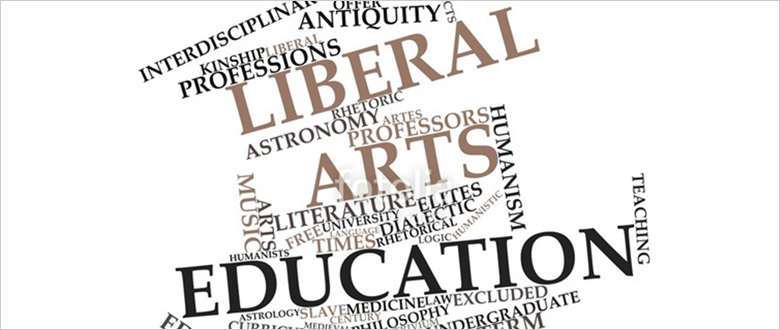In our rapidly changing global economy, with millennials averaging five to seven career changes in a lifetime, one could argue that a Liberal Arts Education may be more valuable than ever before. We are entering a workforce and society where having knowledge in just one field will not suffice. Gaining knowledge in a range of topics not only helps students to be well rounded in their skills, but also in their thinking. Liberal Arts Education provides multiple viewpoints and allows for educational opportunities that cannot be obtained from traditional mode of learning. The essence of Liberal Education is not what you study but the result – gaining the ability to think critically and independently and to write, reason, and communicate clearly – the foundation for all professions. The aim of Liberal Education is to produce people who continue learning after their formal education has ceased. It is to produce people who think and question, and know how to find answers when they need them. A Liberal Education is one that exposes students to a broad range of intellectual approaches and content, and prioritizes critical thinking and problem solving over content acquisition.
At IILM University Liberal Arts Education covers a vast cross section of knowledge – not only can students dominate trivia contests but also be agile enough to thrive in a complex, diverse, and fluid society. Besides major-specific knowledge, we cultivate skills like critical thinking, problem solving, and written communication that transform students into lifelong learners. We back our commitment to students lifelong success by continuously making connections between students’ studies and highly valued real-world skills. IILM promotes the values of excellence in education, free inquiry and expression, social responsibility, ethical behavior, appreciation of differences, and a joy of learning about the world around us. Further it strives to prepare students for a lifetime of personal growth and responsible citizenship in this rapidly changing society by enhancing student’s abilities to reason critically and communicate effectively


